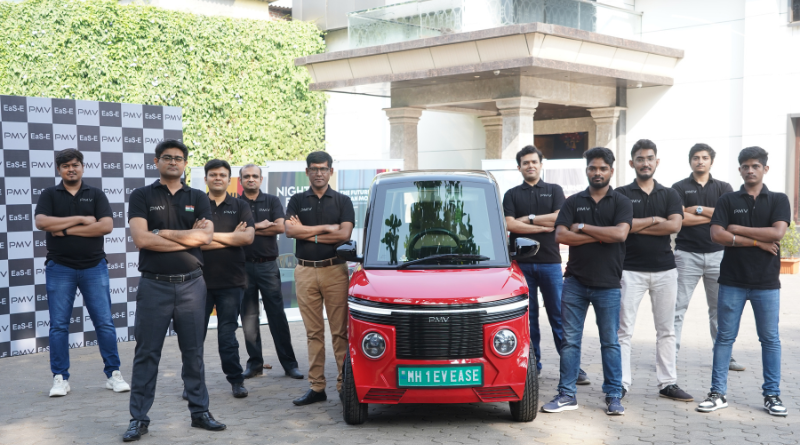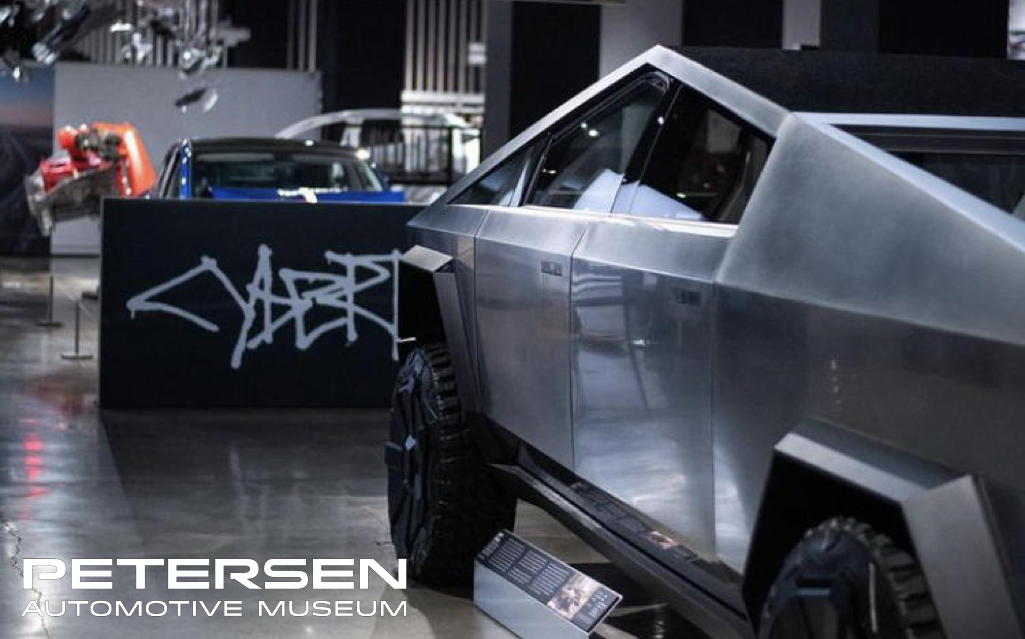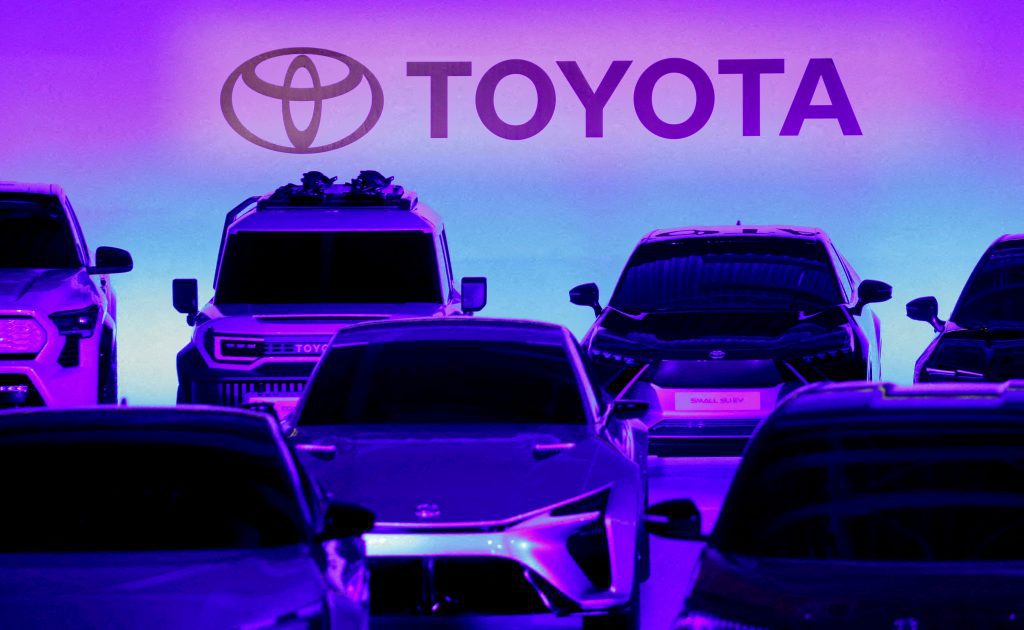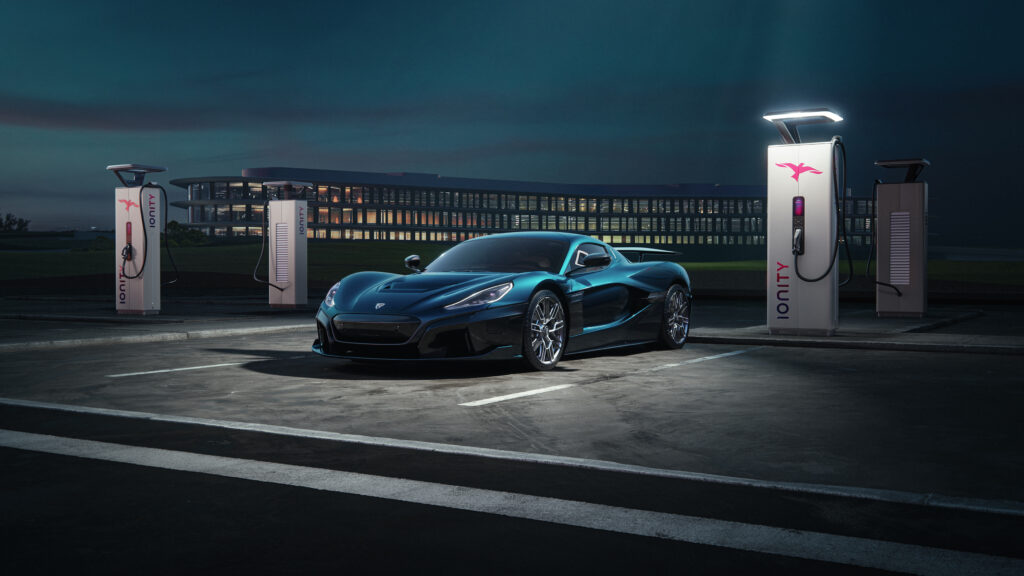In India, big companies like Tata and Mahindra are already competing for EV market share. How could a new company that makes electric four-wheelers break into the market at this point? PMV Electric, which is based in Mumbai, is betting on making a whole new market segment that meets certain unique needs.
In a recent interview with Digitimes Asia, Kalpit Patel, the founder, and CEO of PMV Electric said that even though the market is big and there are only a few big players in the passenger car segment, his company is making a new type of car called a Personal Mobility Vehicle (PMV) that is made for everyday use.


Patel said, “We are filling a gap in this large market segment here in India.” “Also, we want to solve the problems of a group of consumers who are looking for a smart and environmentally friendly way to get around every day. Our unique selling point (USP) is that we offer a safe, sustainable, and technology-based way to help people travel faster, smarter, and greener in their everyday cars.”
The company also sees the export market as a big opportunity because India has better technology and lower costs than either Europe or the United States. Patel thinks that having a clear use case, the right technology, and affordable pricing structures will help them get a bigger share of the market.
What do Indian shoppers want?
Since PMV puts a lot of weight on what the customer wants, Patel must have a good grasp of how the local market works. It may sound like a cliche to say that the Indian consumer wants a stable, reliable product that is also cost-effective, but the market is also seeing more and more users who care more about the value than the price.
“Reliability, durability, and value for money are the most important things to Indian customers when they buy an EV,” Patel said. “In India, many things that happened in the 2-wheeler market in the last year or so have made people less sure about EVs. So, when customers buy relatively new technologies like EVs, they expect these things. We also need to know that Indian customers have changed over the past few years from being price-conscious to value-conscious.”
The domestic market will grow a lot in the next 5 years
The electric vehicle (EV) market is still young, especially in the personal 4-wheeler space. But the two- and three-wheeled parts of the market have done well. As better products and more options hit the market, the number of EVs in these segments will continue to grow at a much faster rate. Low operational costs and better use of resources have also helped the commercial segment gain ground.
“The growth potential is huge, as close to 30–40% of all vehicles are expected to become electric vehicles in the next 5–7 years,” Patel said. “India also has a huge chance to become a hub for exports to the rest of the world because its engineering skills have improved over the past few years and it has better cost structures.”
But Patel is quick to point out that there are a few problems that need to be fixed before the growth can be stable. One of the most important things is the supply chain and where to get important rare metals and battery materials, which can be a big problem as the demand for electric vehicles grows around the world. India needs to develop new technologies that will make it less reliant on importing important parts, parts, and raw materials.
Component sourcing
In line with the “Make in India and Make for the World” initiatives of the Indian government, PMV plans to get most of its parts from India. All parts for the powertrain, body-in-white (BIW), suspension, steering, and other aggregates will be made locally in partnership with India’s most advanced auto accessory companies.
“The only parts we’ll have to import are magnets for the motors, cells for the battery pack, and electronic chips because India doesn’t yet have a place to make them,” Patel said.
To help partnerships grow
It takes two people to dance the tango, and the two people must be good for each other for the relationship to work.
Patel said, “The business of making cars is a very complicated one.” “All of the big auto OEMs depend on their partners for different parts of their business, like product development, getting parts from their vendor partners, and distributing their cars through channel and service center partners.” “In the same way, we will collaborate with all of these businesses to help us get to market faster and closer to our customers.”




